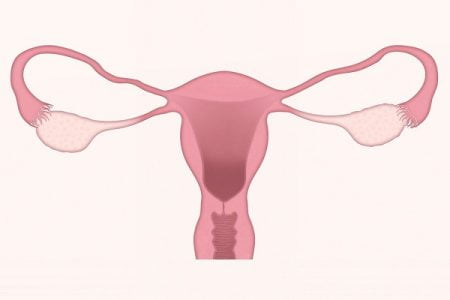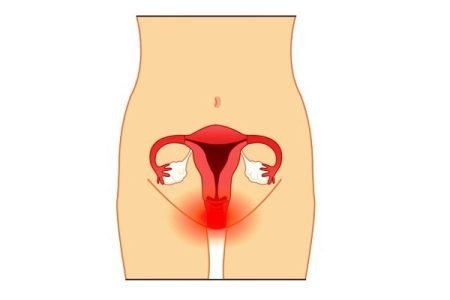Stages of Uterine Cancer
- Updated on: Mar 21, 2025
- 3 min Read
- Published on Mar 29, 2019

What is Uterine Cancer?
Uterine cancer is an abnormal or malignant growth of cells that comprise the uterine tissue. The accumulation of cancer cells result in the formation of a mass (malignant tumor). Mass formed by non-cancerous cells is called benign tumor.
The exact causes of uterine cancers are not known yet, however some risk factors that may result in uterine cancers are thought to be:
- Hyperplasia
- Obesity
- Early menstruation (before age 12)
- Delayed menopause (after age 55)
- Estrogen therapy
- Tamoxifen treatment for breast cancer
- Radiation therapy to the pelvis
- Family history of uterine cancer
- Lynch syndrome (a form of inherited colorectal cancer)
Some of the signs and symptoms of uterine cancer are:
- Abnormal vaginal discharge or bleeding, apart from menstrual flow (most common symptom)
- Anemia
- Painful urination
- Pain in the pelvis
- Painful bowel movements
- Breathing problems
- Nausea
What are the different stages of uterine cancer?
Staging is a typical way of categorizing cancers and is useful in determining the prognosis and treatment. Uterine cancers have been divided into following stages:
- Stage 0
- Stage I
- Stage II
- Stage III
- Stage IV
Stage 0 uterine cancers
Stage 0 is also known as carcinoma in-situ. Cancer cells in this stage are only found in the outer layer of the cells of the endometrium, without growing into the lower layers of cells. Cancer has not spread to nearby lymph nodes or far away sites at this stage and is therefore a pre-cancerous lesion.
Stage I uterine cancers
Stage 1 cancers are premature cancers and are very easy to treat. Cancers at this stage are present within the womb and therefore growing in the body of the uterus. It may also be rising into the glands of the cervix but is not growing into the supporting connective tissue of the cervix. Stage I uterine cancers are further divided into:
- Stage IA uterine cancer
- Stage IB uterine cancer
Stage IA uterine cancer means that the cancer has grown into the muscle wall (myometrium) of the uterus, but not more than halfway.
Stage IB uterine cancer means the cancer has grown further into the muscle wall of the womb.
At stage I, surgery is the main treatment for cancer.
Stage II uterine cancers
At stage II, the cancer has grown into the cervix but has not reached towards other body parts.
Stage III uterine cancers
At this stage, the cancer has spread outside the uterus, but is still present inside the pelvis. Cancers at this stage are locally advanced womb cancers. Stage III womb cancers have further 3 categories:
- Stage IIIA uterine cancer
- Stage IIIB uterine cancer
- Stage IIIC uterine cancer
Stage IIIA uterine cancer means that the cancer has developed into the serosa (outer) covering of the womb or to the fallopian tubes and ovaries.
Stage IIIB uterine cancer means the cancer has grown into the vagina and parametrium (surrounding tissues of uterus).
Stage IIIC uterine cancer means that the cancer has reached up to the lymph nodes and glands. It is further divided into stage IIIC1 and stage IIIC2.
Stage IIIC1 uterine cancers are found in the regional pelvic lymph nodes.
Stage IIIC2 uterine cancers extend to the para-aortic lymph nodes and may or may not spread to the regional pelvic lymph nodes.
Stage IV uterine cancers
In Stage IV, cancer has spread to various other parts of the body. Stage IV womb cancers are further classified into 2 categories:
- Stage 4A uterine cancer
- Stage 4B uterine cancer
Stage IV A uterine cancer means the cancer has developed in the bowel and bladder.
Stage IV B uterine cancer means the cancer has reached to lymph nodes and also towards other body parts such as the lungs, liver, bones and brain (called as secondary cancers or metastatic cancers).












